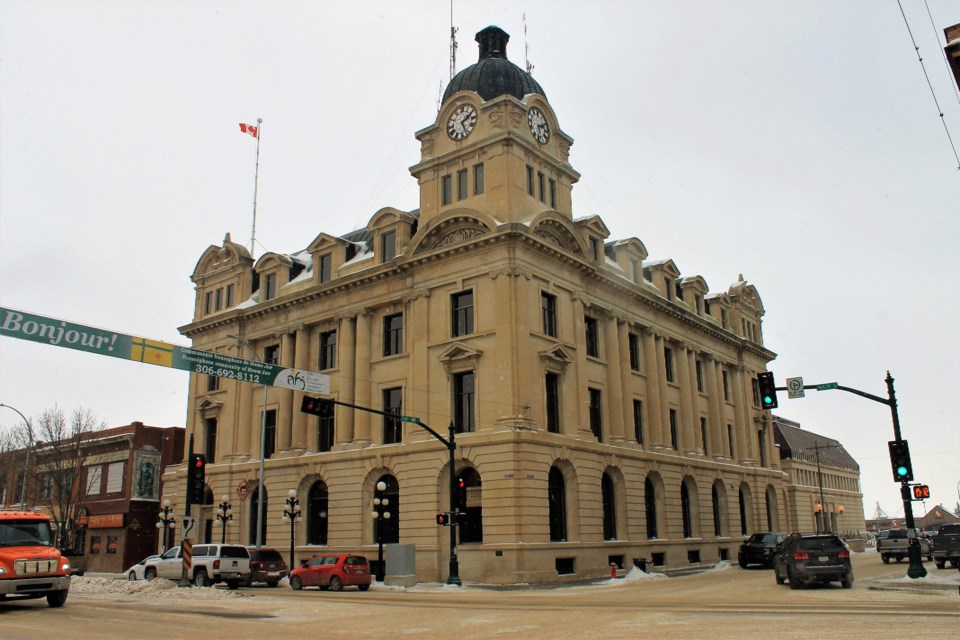Property owners with no-corrode sewer pipe service connections will have to pay for the full replacement of that infrastructure now that city council has eliminated the replacement subsidy program.
Homebuilders in Moose Jaw installed roughly 2,490 no-corrode sewer pipe service connections — also known as Orangeburg pipe — from the mid-1950s to mid-1960s since there was a shortage of metal after the Second World War, a city council report explained. Composed of coal tar-impregnated wood fibre pipe, it did not perform as intended and became susceptible to damage and moisture.
Subsidy background
City hall adopted a policy in the 1970s where it subsidized 75 per cent of the pipe’s replacement cost. In 2005, city council moved to a subsidy that would reduce every year by two per cent until the subsidy’s conclusion in 2036.
The subsidy amount that the municipality covered in 2020 was 32 per cent.
There are roughly 1,800 no-corrode sewer pipe service connections remaining, the council report said. About 30 per cent of the original connections have been replaced during the last 50 years. It costs roughly $10,000 to replace each connection.
In the last three years, the no-corrode subsidy has cost the city about $687,000. Since property owners own 100 per cent of sewer service connections, the council report noted that taxpayers are effectively subsidizing private infrastructure replacement.
During a recent 2021 budget deliberation meeting, council voted unanimously to discontinue the subsidy and pass an amendment to the sewer and water utility bylaw to put that decision into effect.
City administration expects to save about $200,000 in annual operating costs by discontinuing the subsidy. That money will be put toward capital programs. This decision will also remove a liability of more than $5.1 million from the water and wastewater utility for private infrastructure.
Council discussion
Neither council nor city administration has a good idea about when or why this program started, but over time, it likely became a moral obligation to handle rather than a legal one, said Coun. Heather Eby. This is an example of why council must be careful about making such moral decisions.
“The time has come for this to end. It’s (more than) 65 years those connections have lasted … ,” she added. “I’m not sure the city should have ever been on the hook, but we have been.”
If property owners have no-corrode sewer pipe service connections leading to their properties, then the best time to replace them is when the municipality is in the area ripping up the street for other infrastructure projects, said city manager Jim Puffalt. It would cost less to replace those connections — particularly in asphalt and concrete expenses — if contractors are around for other projects.
The next regular city council meeting is Monday, Jan. 11.




